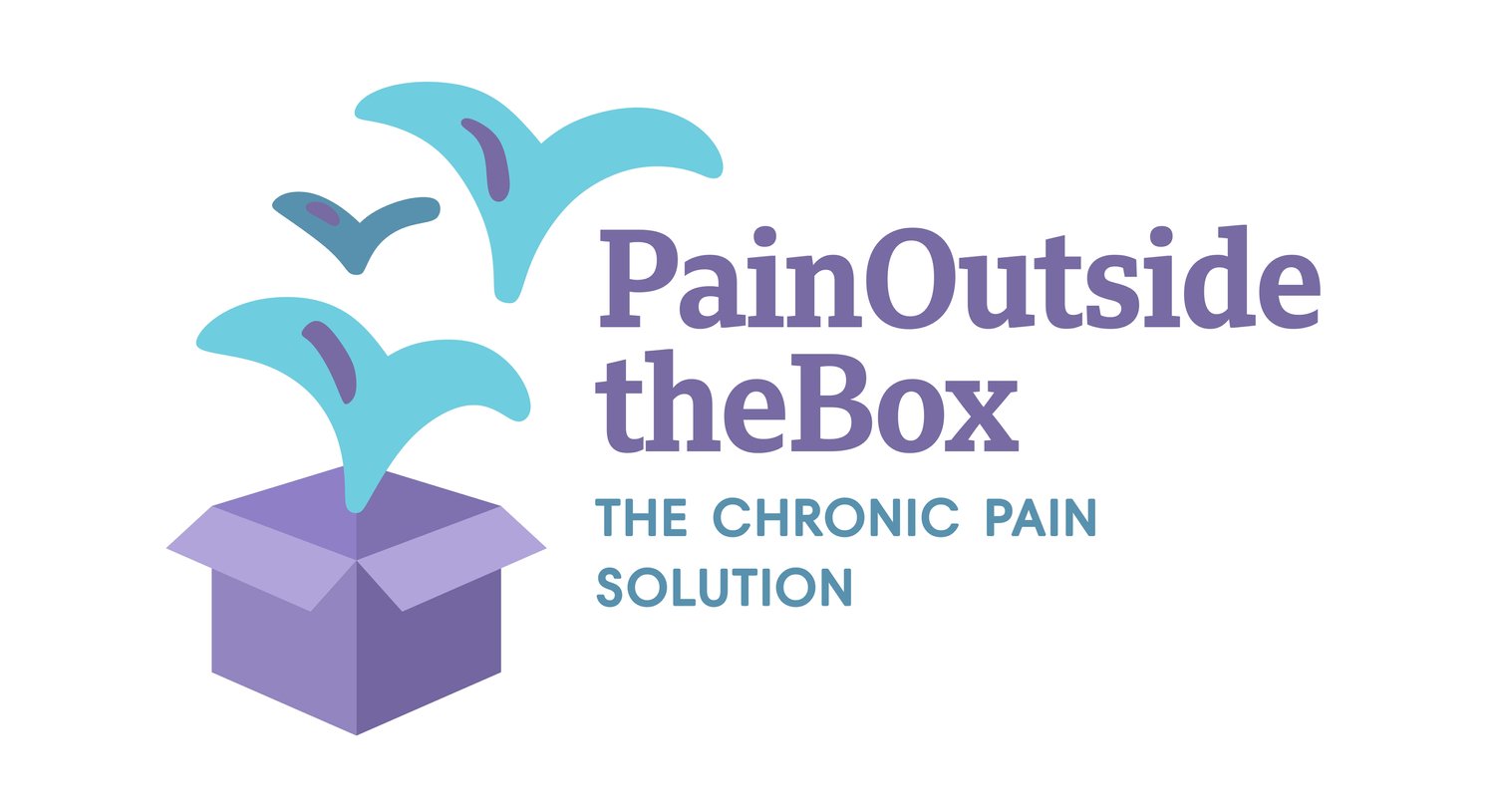How chronic pain and catastrophization go hand in hand
We’ve all been there in one way or another… we injure ourselves or feel a twinge of pain, and if we can still feel the pain two days later, we ask ourselves, “What if this never gets better?”
In three simple words, we lose our perspective on things. We think that a simple accident, a mistake we made, or something hurtful that someone said or might say to us, will ruin our lives forever, and that things will simply go downhill.
In the case of chronic pain, catastrophization really doesn’t help. In fact, it is one of the tendencies that has been Scientifically proven to be linked to experiencing persistent pain (meaning that if you’re a catastrophizer, you are more likely to get a chronic symptom!). That is indeed bad news for some!
What Science says about Pain and Catastrophization
Unfortunately, some our thoughts do tend to come true. Especially when they relate to our own body. If we are worried about having pain for a long time, then we start a process called conditioning: this happens because we focus on the pain area, giving it very negative attention in the form of fear, frustration or helplessness. Because of this negative attention, the brain perceives that there is indeed some kind of ‘danger’ in that part of the body, and therefore, it may keep firing the ‘danger alarm’ in the form of pain to alert us to that (false) danger.
Multiple research studies on chronic conditions ranging from low back pain to fibromyalgia have noticed this correlation between catastrophic thinking patterns and pain intensity or chronicity. When we catastrophize, we send fear signals, which are processed in our brain. That can actually make us more sensitive to pain and also lead to painful sensations in the absence of any injuries or harmful stimuli.
Besides chronic pain, the tendency to catastrophize can disrupt homeostasis (the body’s abilitiy to regulate and stay balanced), making us more prone to conditions like allergies, skin conditions, vestibular issues and autoimmune diseases.
But there’s one piece of good news for you. Unless you’re already dead (which I assume you’re not), things can always get better.
Catching out your catastrophic thinking patterns
Everyone goes through hard times in life. Trauma, life-changing episodes, maybe accidents, rejection, failure, stress, you name it. A lot of people bounce back from these episodes, especially if they are balanced out by more positive things - love, friendships, relaxation, achievements, and new challenges being some of the things that can help us get back on track. But unfortunately, when two or more such episodes occur too close to each other, we find it harder to bounce back, and are more likely to develop a catastrophic mindset.
Let’s say someone’s injured himself badly, and a couple of months later, that someone loses an important person in his life. The closeness of these two episodes will make that person more prone to catastrophic thinking, i.e. he will now start expecting the worst.
Catastrophic thinking is a kind of defence we put up, as a way of trying to ‘protect’ ourselves from the worst. Somehow, our brain thinks that if we can imagine the worst-case scenario, we will be more prepared for it. While this is true and served our ancestors very well as they were out hunting for food in the jungle, it doesn’t help us so much in our modern world. Instead, what it does is make us very anxious on a regular basis, keeping the fight or flight response alive. And when we are constantly in such a state of stress, we are much more likely to develop TMS.
Things get worse when we do develop TMS. Now, we have something else to ‘catastrophize’ about. In fact, the worst thought we can have as we are desperately trying to heal from pain is the thought that we may never get better again. How many times have you asked yourself ‘will this ever get better?’, ‘what if I’m doomed to suffer for life’, or ‘what if there’s no hope in my particular situation?’
Unfortunately, instead of helping or shielding us from pain, what these thoughts do is keep the pain / anxiety cycle alive. When we envisage the worst-case scenario for our pain, we signal to our brain that this is indeed possible, and keep the stress response and pain alive. As the bodymind gets used to the pain pathways, it becomes easier and easier for the pain to persist, and we simply keep it alive just by worrying that it will never go away.
I know, you have probably gone through A LOT, and you’ve got a very good reason to worry or catastrophize. I do that too, more often than I wish to (though not with pain, now that I don’t fear it anymore).
But even though you are quite ‘justified’ in catastrophizing and worrying (because the pain is really intense, because you’ve really gone through a lot, etc.), simply justifying your worries with ‘evidence’ will not help you get better, and that’s the honest truth. So even though you may be in intense pain, even though you’ve gone through a lot, and even though it’s a struggle, catastrophizing and worrying about a terrible future scenario will almost NEVER help.
We have to give our minds a different scenario to think of. A more positive image, of us being pain-free or anxiety-free. Unless we allow this possibility and truly start to believe it, then our mind and body will respond to our thoughts in a way that’s contrary to what is beneficial for us.
Catch your negative thoughts. Stop them in their tracks so you don’t keep feeding the pain cycle. And most of all, allow the possibility - of you living a better, pain-free life.


